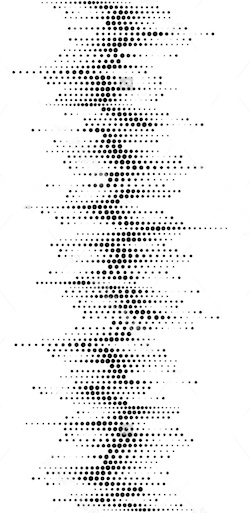Assignments
-
Assignments and breakdown of percentages:
- Participation (10%)
- Short Papers (30%) - 10% each
- Podcast (20%)
- Final Paper (40%)
Participation
-
The course considers attendance, appropriate participation in class discussion, weekly reading responses as key elements of participation. Attendance and responses will be numerically counted. For each reading day, students should either write a brief response to a select portion of the readings (250-350 words) or record a verbal response to a select portion of the readings(3-5 minutes) and upload them to the appropriate folder on Dropbox. In some cases we may split up the readings for each student, in other cases the options will remain open. The goal is to have an engagement with a text or idea that can be a starting point for class discussion or a connection to the students’ own research projects or pedagogical aims.
Short Papers
-
Over the course of the semester, students will write three short papers (1-2 pages single-spaced). The emphasis will be on close listening and using reading materials to produce an analysis of sound, either of a free-standing sound project, an environmental soundscape, a scenario involved with a student's ongoing research project, or a student's own digital sonic composition. The ideal would be to figure out how an understanding and analysis of sound could figure into developing research and teaching. The ontological and evidentiary status of sound is an open and rarely addressed question that should be explored in the short papers. These papers will be read/presented in class. Students can (and probably should) play short sound clips as a part of the presentation.
Podcast Episode
-
As practice for digital sonic pedagogies, each student will be expected to produce a 3-5 minute podcast episode and post it on SoundCloud. Approach and content are totally open: a standard interview with someone related to sound studies, digital rhetoric, or your research; an episode based on a podcast series you like to listen to as a genre model; an analysis of sound related to your own research; an experimental sound project that disrupts genre. Students will present their episodes to class and discuss their experiences producing it, both in technical and sonic terms.
Final Project
-
At the end of the semester, students will produce a typical seminar paper. The final paper can take one of 3 forms: a theoretical paper about sound in relation to rhetoric and composition or new materialism that develops sonic examples; a pedagogical paper on using sound in rhetoric and writing classes that includes a plan for a major class project or series of smaller projects; or a paper on your current research project that uses sound as a significant component of the argument (perhaps most typically as a source of evidence).
Grades
-
I will use this basic grading scale: A (90-95), B+ (85-89), B (80-84), C+ (75-89), C (70-74).

